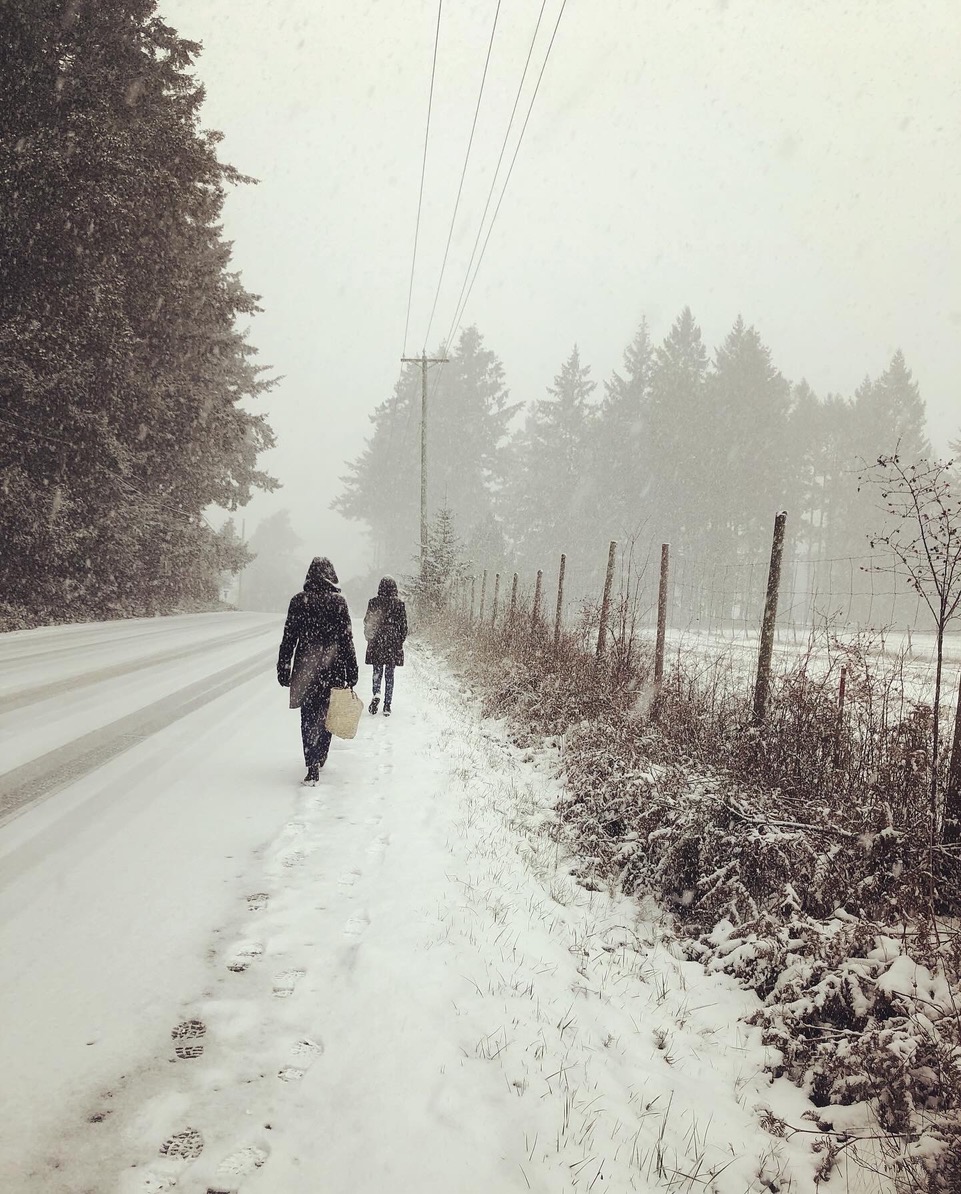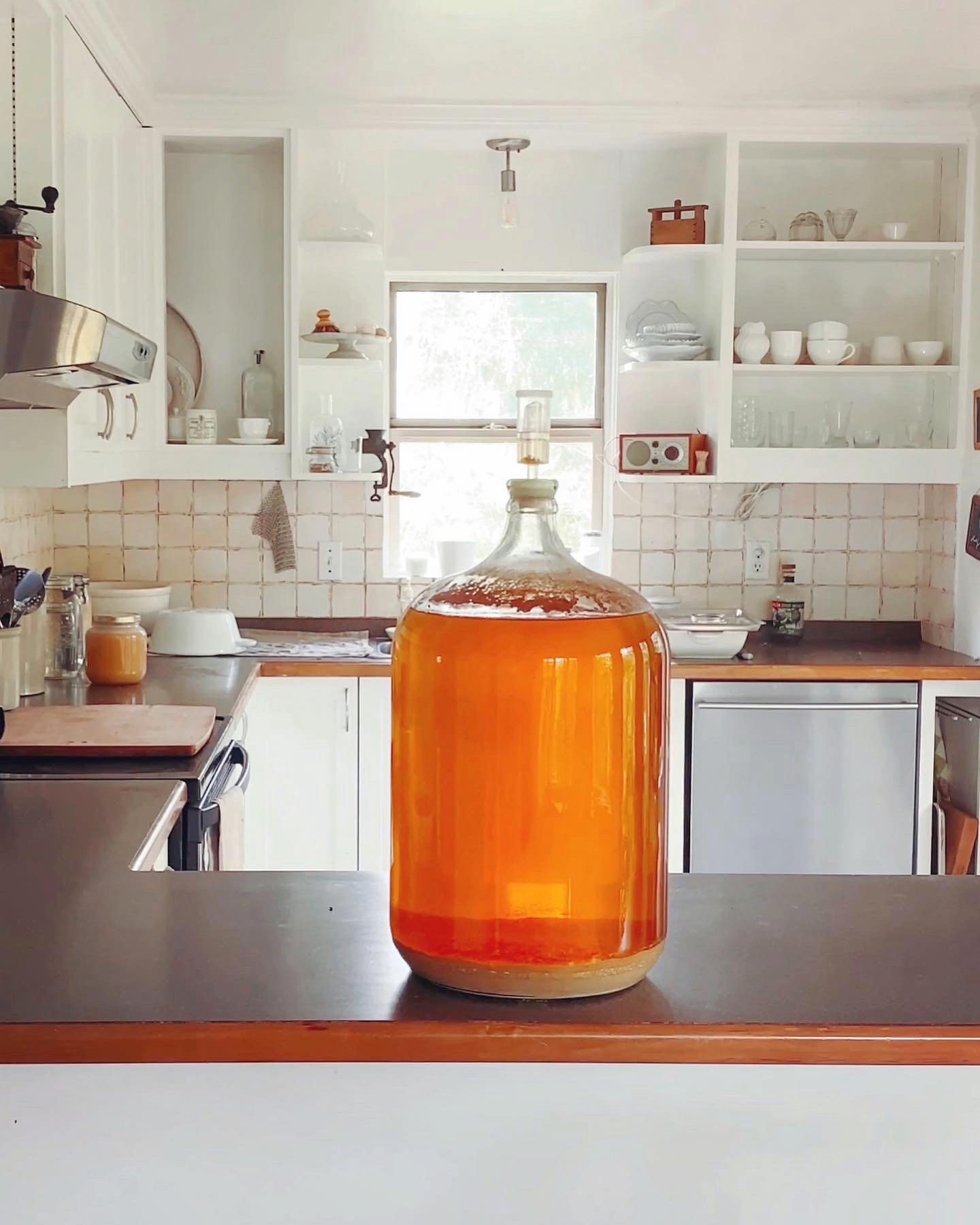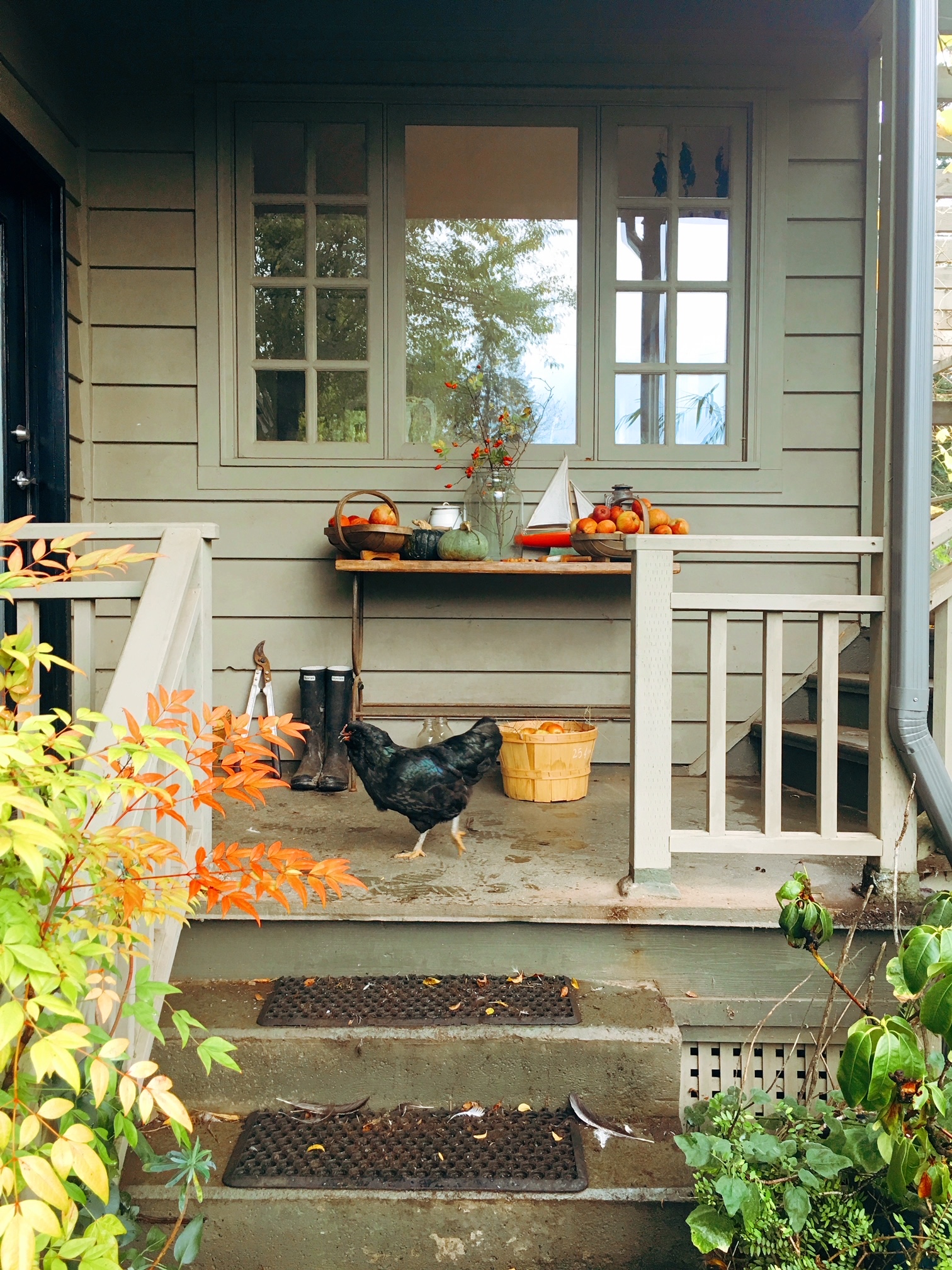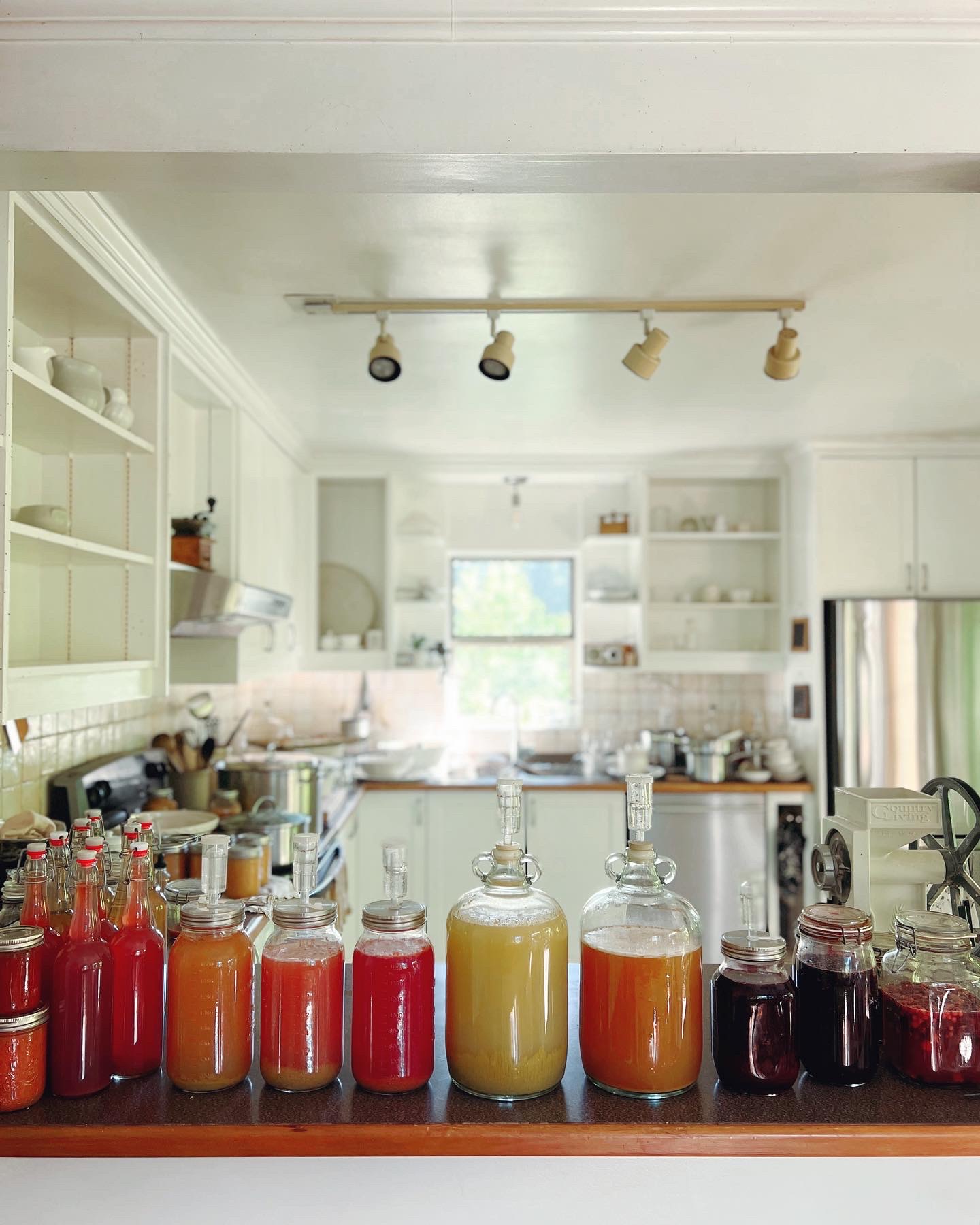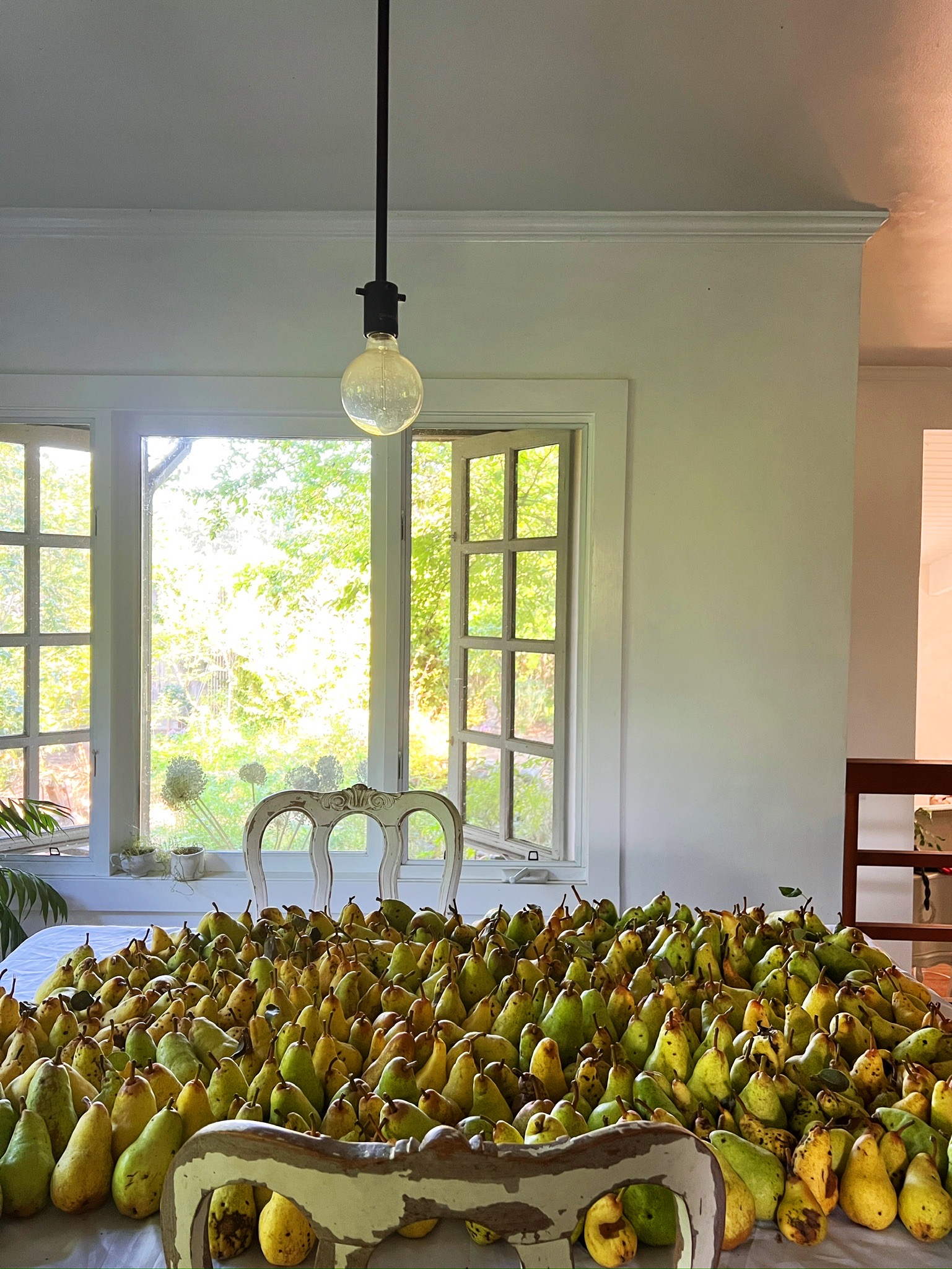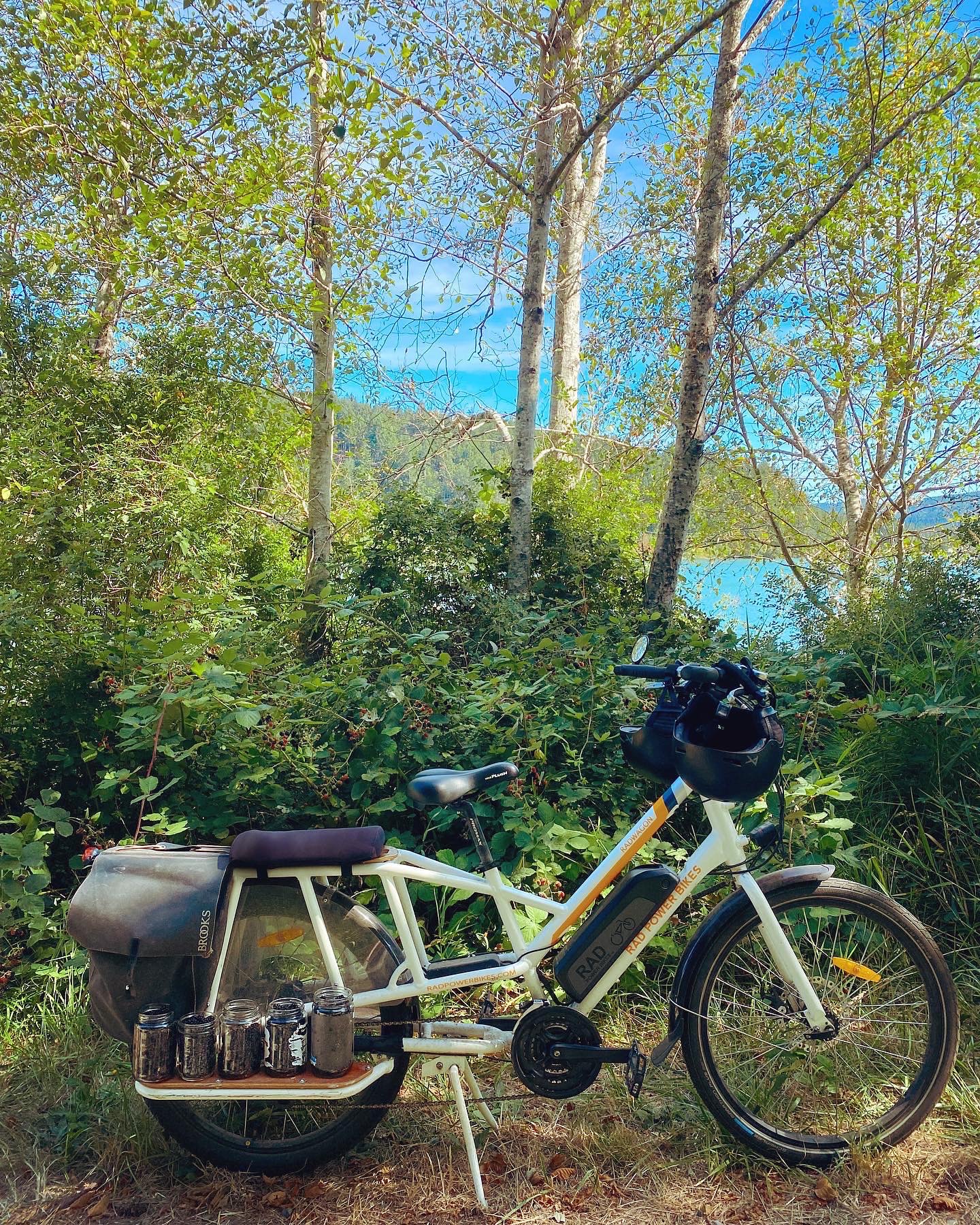in living without a car these five years, just a handful of days resemble this one, walking home in stormy weather. usually we run errands by electric bicycle, and as we live slowly and simply, it’s been easier to plan around rainy days and icy ones.


renting a hybrid, taking a cab is useful on occasion but we spend far less than we ever did on fuel. the bus goes by now and again. before the plague, hitchhiking was embedded in this island culture, an informal car-share, and it is reviving. we made friends; they help see us through.

the trick is to go ahead and live it. if more of us ride our bikes we make visible demand for lanes. if more of us walk, we live the case for roadside paths and slower speed-limits. early adopters lay the path for another future. we culture the culture in another pattern.

a state of ecological emergency requires a more creative response to getting around than continuing to burn fossil fuels, than even the private electric car.

in moving toward carlessness, we began to experiment. we asked, how else can we move ourselves or our belongings around?

we can consolidate errands, carpool or combine shopping with friends. add a trailer to the electric bike, invest in panniers, cycle as a family to stock up. use buses, foot-ferries, trains. join a carshare, rent a vehicle when necessary. have fun at home and nearby. treat travel as a luxury. walk more, cycle further.

shop less often, stock up on storage crops and staples, preserve and ferment food. grow more food, year-round. mill grain. work online. buy less. host visitors longer, less often. find local health practitioners, buy local products, ask local shops to carry what we need, ask local farmers to grow what we eat.

we match clothing to the weather, go out in any temperature. explore the island. take our time. enjoy the journey.
in a rushed world, without owning a car we are slowed to a human pace, and we thrive for living within the limits.

read the extended piece on patreon where you can sign up for a steadying stream of the next small works and short films.


